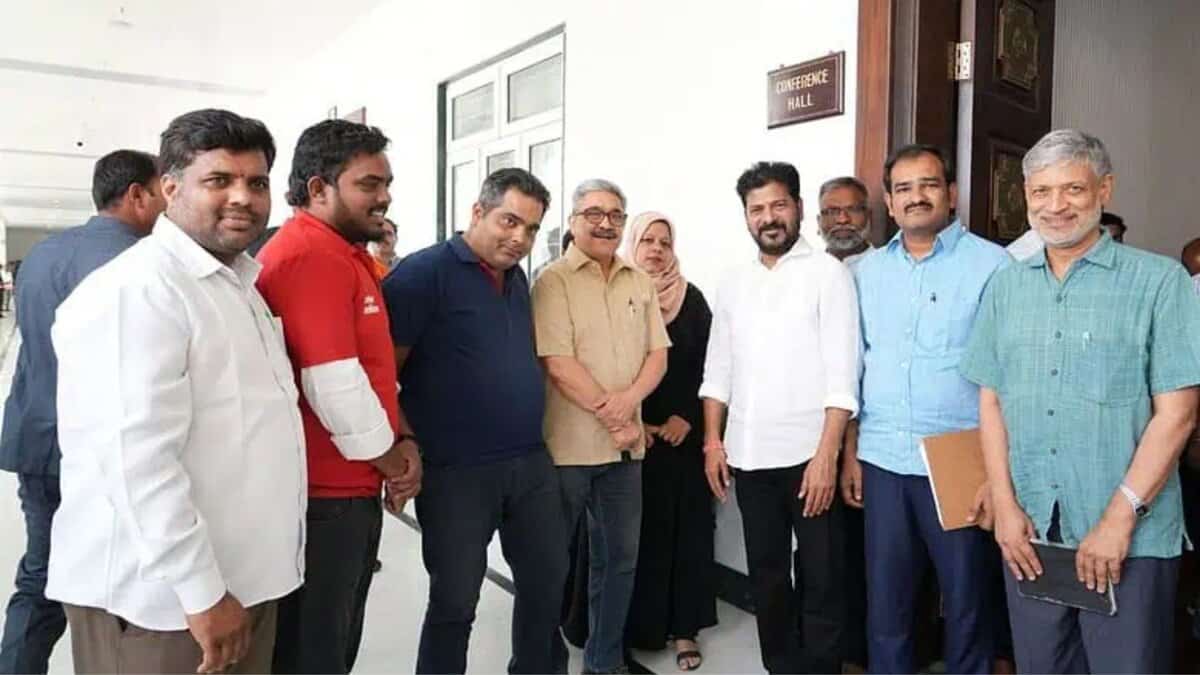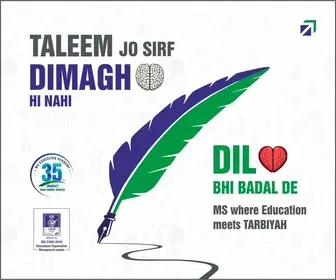
Hyderabad: The Telangana Gig and Platform Workers Union (TGPWU), in collaboration with the Indian Federation of App-Based Transport Workers (IFAT) and Vidhi Centre for Legal Policy (Vidhi), submitted detailed suggestions to the commissioner of labour on the recently released draft of the Telangana Gig and Platform Workers (Registration, Social Security and Welfare) Bill, 2025.
Speaking on the occasion on Monday, April 28, Shaik Salauddin, founder president of TGPWU, said,
“We wholeheartedly welcome the Telangana government’s commitment to recognising and protecting gig and platform workers. Chief minister Revanth Reddy’s leadership in presenting this Bill as a ‘May Day gift’ to gig workers is historic. Our suggestions are aimed at strengthening the Bill to ensure it becomes a model for the rest of India and the world.”
The submission reflects the collective insights of workers, trade unions, lawyers, civil society groups, and researchers. It emphasises the need for strong rights for workers, algorithmic transparency, tripartite governance, immediate and effective implementation.
“TGPWU remains committed to working with the government to ensure that the final legislation offers meaningful social security and welfare protection to all gig and platform workers in the state,” Shaik Salauddin said.
Changes to the Bill suggested
The gig and platform workers suggested changes to the very objective of the bill, urging the state government to place obligations on the aggregators in relation to their social security; occupational health and safety; transparency in automated monitoring and decision-making systems; for creation of a platform for dispute resolution mechanism; to establish and to constitute a welfare board; to create a welfare fund for them; to register them and aggregators in the state.
Pointing out that the gig and platform workers have been working in conditions of extreme vulnerability and under precarious situations often not being adequately compensated for their efforts, the activists from these sections reminded the important role they played in ensuring that the Covid-19 pandemic was managed by the citizens and government, but couldn’t receive adequate recognition or compensation for the same.
They suggested a tripartite model of providing social security to unorganised sector workers to be adopted for protecting the rights of gig and platform workers.
They urged the state government to ensure that the legislation come into force within a period of 90 days or on such date as the state government may, by notification in the Telangana gazette appoint, or whichever is earlier- provided that the provisions of the Act (when passed), shall be deemed to have
commenced on the date of the notification.
From the definition of a gig and platform worker, to grievance resolution, minimum remuneration based on the time spent, tasks performed and costs incurred by the gig and platform worker, the unions made an in-depth study and made suggestions to the state government.
Clarifications were sought on the definition of termination, and the process to be followed for deactivation of the gig and platform worker, in addition to ensuring life and disability cover, accident
insurance, health and maternity benefits, old age protection, crèche, and any other benefit as may be determined by the state government.
They also sought access to information regarding the wages paid, contributions made by aggregators and workers respectively, levy, social security benefits accrued and accessed by them, and any other information necessary to realise their rights enshrined in the bill.
The workers also wanted to participate in all the decisions taken for their welfare through representation in committees, the board, and any other consultation under the applicable law.
They also sought an access ro verify and seek correction of their personal data held by the aggregators.
The gig and platform workers made point-to-point suggestions to pass the legislation in their best interests.


